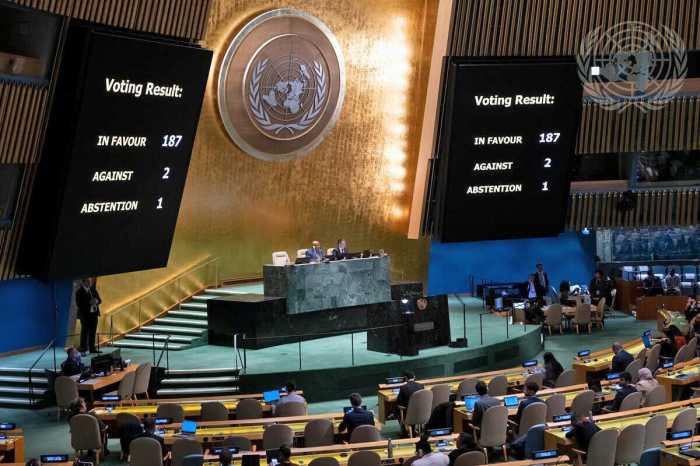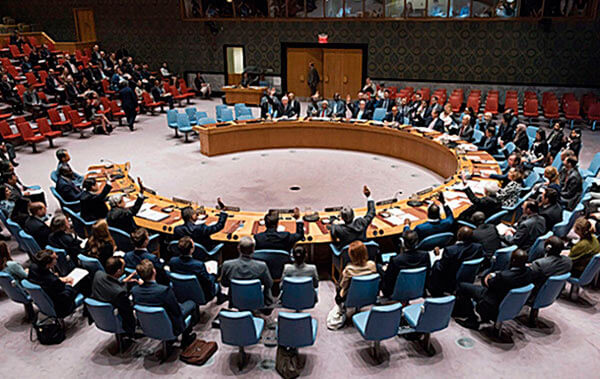At the second inaugural meeting of the agency that is established by the United Nations (UN) to defend people of African origin worldwide, reports revealed that people of African descent continue to be victims of systematic racism, racial discrimination, and racial attacks.
The report emphasizes that the legacies of colonialism, enslavement, and apartheid are still alive today, this according to the head of the Permanent Forum on People of African Descent, Epsy Campbell Barr.
Campbell Barr made the statement during the recent UN General Assembly conference and said the finding revealed that millions of people of African origin “are more exposed to death as a result of encounters with law enforcement officials,” and stating also that these actions have significant influences on the lives of these people.
The findings also show the levels of such discrimination that have exposed African people and people of African descent to health disparities and have had profound impact on their physical and mental health. It was also noted in the report that those of African descent are most unnoticed especially those in vulnerable groups.
The objectives of the study were to halt the lasting consequences of enslavement, colonialism, genocide, and apartheid seen as key to addressing systematic and structural racism against people of African descent, both internationally and domestically.
The suggestions coming out of this UN study states that reparations are “a cornerstone of justice in the 21st century.” This was put forth to the United Nations General Assembly. It states that reparations are necessary to right historical wrongs against people of African origin.
The report also highlights suggestions that all 193 UN member nations “educate themselves and the public on the histories and legacies of colonialism and enslavement.” It states that people should acknowledge their own roles in creating these legacies or the harm they have caused, and that all local, national, regional, and international racial prejudice should be eradicated.


























